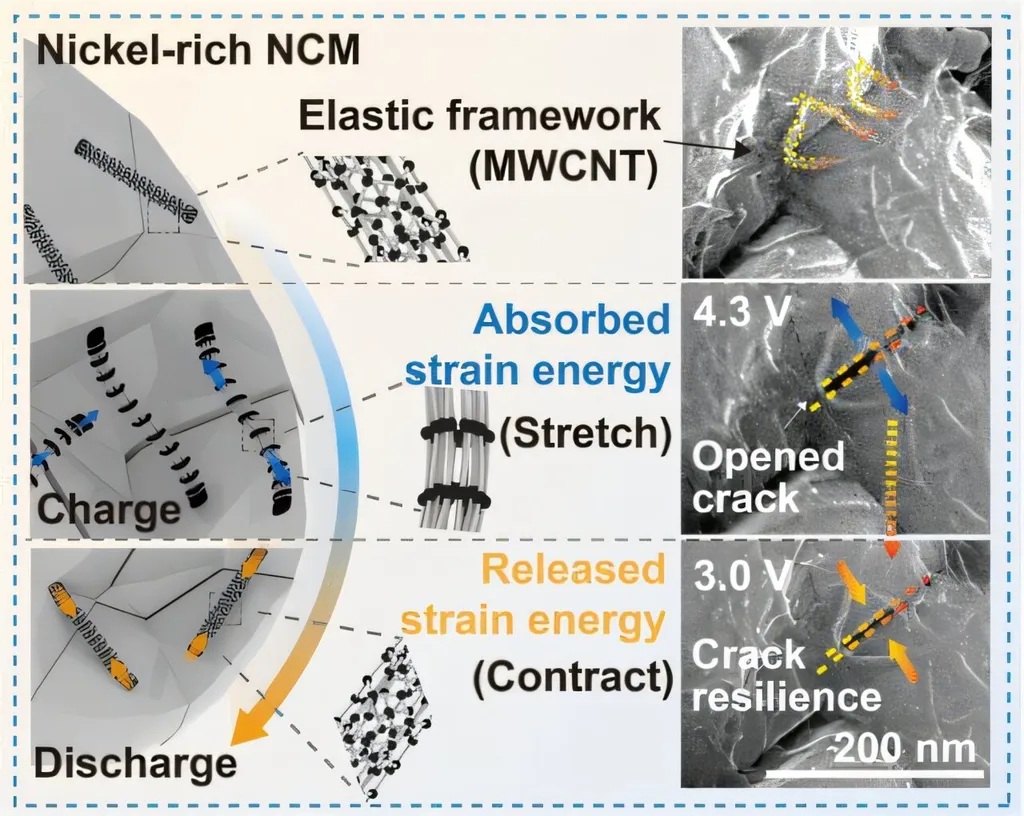In the relentless pursuit of enhancing the durability and performance of high-end equipment, researchers have been delving into the realm of nanostructured coatings, and their findings could significantly impact industries, particularly the energy sector. A recent study published in *Cailiao gongcheng* (which translates to *Materials Engineering*) sheds light on the advancements in thermal sprayed nanostructured coatings, offering a glimpse into a future where equipment longevity and efficiency are dramatically improved.
Dr. Deng Luwei, from the School of Materials Science and Engineering at Harbin Institute of Technology, has been at the forefront of this research. The study highlights the critical role of thermal spraying technology in modifying material surfaces to withstand harsh environments. “Nano thermal spraying technology is an important means to effectively combine nanomaterials and thermal spraying technology to achieve material surface modification,” Dr. Deng explains. This technology is seen as a game-changer for extending the service life of aircraft, ships, and other high-end defense equipment operating in extreme conditions.
The research focuses on various types of nanostructured coatings, including wear-resistant and corrosion-resistant ceramic coatings, thermal barrier coatings, and environmental barrier coatings. These innovations are not just theoretical; they have practical implications for the energy sector. For instance, the development of nanostructured thermal barrier coatings can enhance the efficiency of gas turbines, which are crucial components in power generation. By improving the coatings’ ability to withstand high temperatures, these turbines can operate more efficiently, leading to cost savings and reduced environmental impact.
Moreover, the study emphasizes the potential of nanomodified coatings in protecting equipment from corrosion and wear, which are common issues in offshore wind farms and other marine environments. “To realize the wide application of nanostructured coatings, further research work needs to be carried out in the future in the areas of practical engineering application research, marine environmental service, marine biofouling, advanced powder preparation technology research, and high-performance powder industrialization,” Dr. Deng notes. This call to action underscores the need for continued innovation and collaboration to bring these technologies to market.
The commercial impacts of this research are substantial. By extending the lifespan of high-end equipment and improving their performance, industries can reduce maintenance costs, minimize downtime, and enhance overall productivity. For the energy sector, this means more reliable and efficient power generation, which is crucial for meeting the growing global demand for energy.
As the research progresses, the potential applications of nanostructured coatings are expected to expand. The study published in *Cailiao gongcheng* serves as a testament to the ongoing efforts to push the boundaries of material science and engineering. With further advancements, these coatings could become a standard feature in high-end equipment, revolutionizing industries and paving the way for a more sustainable and efficient future.

